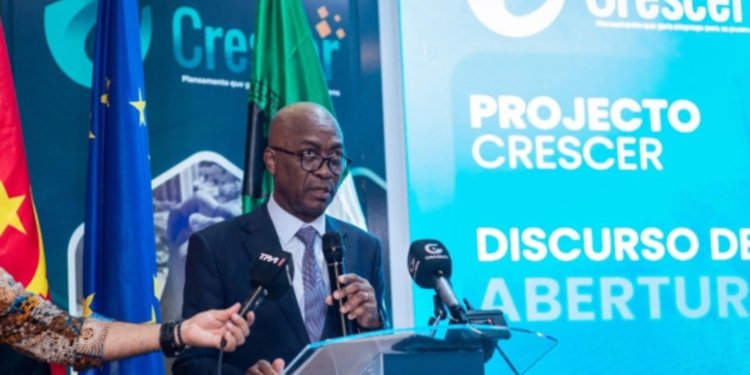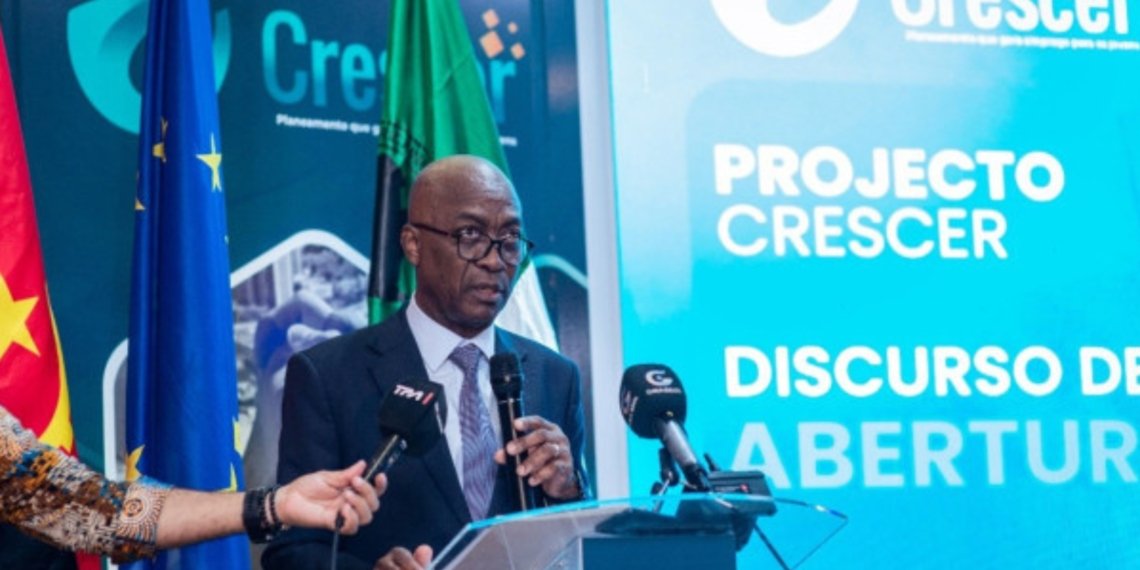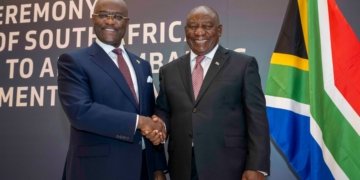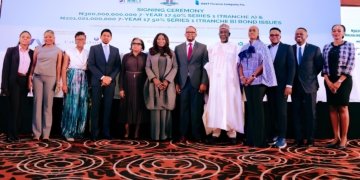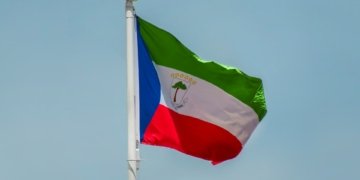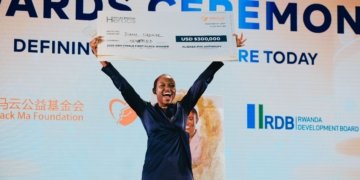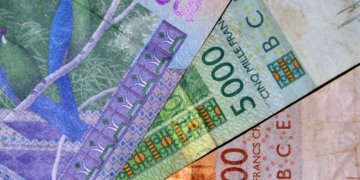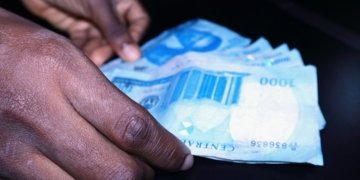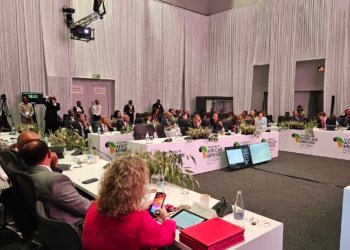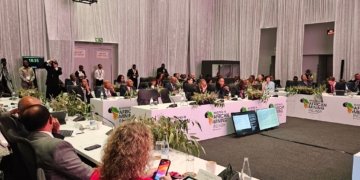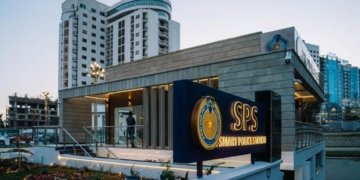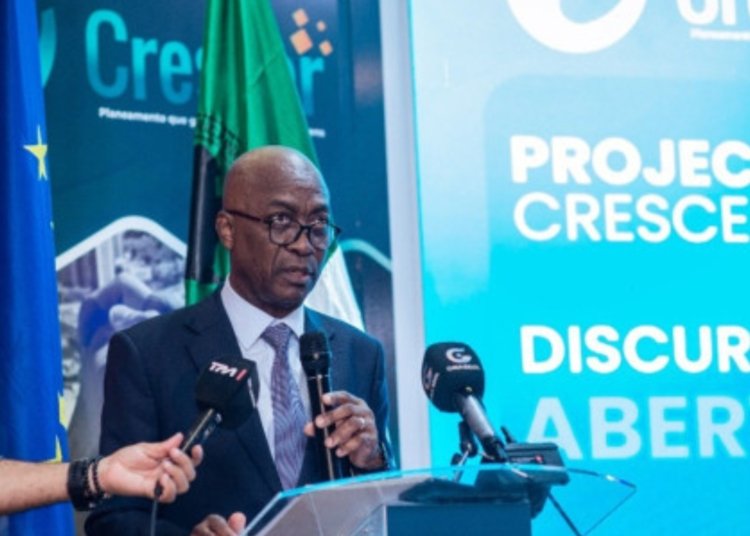The Government of Angola, in partnership with the African Development Bank and the European Union, has launched the $124 million Crescer Project to drive youth employment, entrepreneurship, and economic diversification across key sectors including agriculture, aquaculture, transport, and renewable energy.
According to the African Development Bank Group (AfDB) on Tuesday, the initiative is expected to create nearly 150,000 jobs, including 37,430 direct and over 112,000 indirect, and support the growth of more than 10,000 micro, small, and medium-sized enterprises (MSMEs) and startups.
It also aims to train nearly 98,000 young people in skills such as digital technologies and climate-smart agriculture. At least half of the beneficiaries will be women.
The project will be co-financed by the African Development Bank ($79.08 million), the Angolan government ($29.06 million), and the European Union ($16.08 million).
It is aligned with the country’s national development strategy, Angola Vision 2050 and PDN 2023–2027, and supports several Sustainable Development Goals (SDGs).
Victor Hugo Guilherme, Minister of Planning, highlighted the project’s strategic importance in strengthening national systems and unlocking economic opportunities for youth.
AfDB Executive Director Eugénio Maria Paulo commended the Angolan government for “placing youth at the center of national development,” adding that it will reduce rural-urban migration and stimulate local economies, especially along the Lobito Corridor.
The project’s components include demand-driven skills development, business acceleration, improved access to finance, and stronger institutional capacity.
It complements the ongoing AfDB-backed Science and Technology Park, set to be completed in 2025.
The Crescer Project builds on earlier efforts to support entrepreneurship and formalize Angola’s economy, and reinforces AfDB’s long-term commitment to youth empowerment.
The Bank currently manages 16 active operations in Angola totaling $1.45 billion across sectors such as energy, finance, agriculture, and water.
